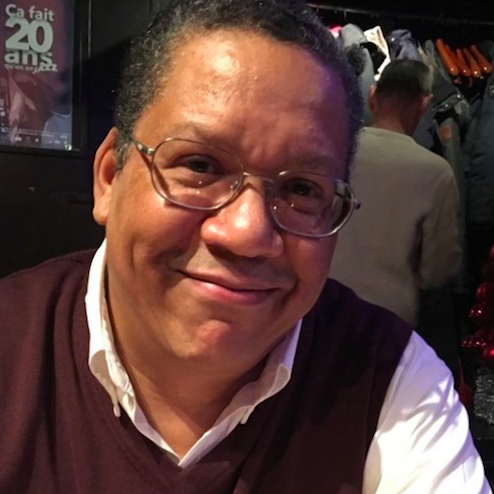
(Image: ThisisEngineering/Unsplash)
Filling the 600,000 — and growing — open manufacturing jobs in the United States is already a challenge, and it will become even more difficult if diversity, equity and inclusion (DEI) efforts are sidelined, said Karla Trotman, CEO of Electro Soft, a Pennsylvania-based electronics manufacturer.
“The funny thing is that [DEI] has been vilified so much that people are immediately turned off by it and not realizing what it is. I think people assume DEI means quotas and affirmative action, which are two different things,” Trotman told TriplePundit. “DEI is really about having a larger pool of people from different backgrounds coming in and sharing their background and their experience in order to enhance a workplace.”
Companies should want that because they will generate better ideas from challenging existing thought processes, Trotman said. That will enable them to develop better products and services for a broader spectrum of people.
“Any company that is immediately turned off about DEI, specifically in manufacturing, would not be able to take advantage of potential markets they want to go into and potential client bases they want to have access to,” Trotman said. “DEI is really about expanding our internal networks so we can reach a larger marketplace.”
Electro Soft's specialty in custom electronics manufacturing pushed it become one of the largest independent manufacturers of its kind in the local market, and it celebrated diversity along the way. Four languages are spoken in-house, and there are no mandates on appearance.
It’s not that the company came into success through DEI specifically, but shareholder value is about maximizing the return on investment, Trotman said. To maximize that return, Electro Soft uses a diverse array of suppliers from women-owned businesses, LBGTQ+ businesses, and others who may have insight into other industries or relationships that can help the company.
“I won’t go to a company just because an Asian woman may be the owner or because a Hispanic man is the owner,” Trotman said. “I look for enhancement. And I believe that — because I am a Black woman, because I'm a second-generation business owner, and I’ve seen how our diverse workforce at Electro Soft and our diverse supplier base has allowed us to open a lot of doors and think outside of the box — creating a homogenous environment just doesn’t appeal to me. And it’s not good business.”
Trotman said she considers herself fortunate to be the daughter and granddaughter of people who started their own businesses because it enabled her to see herself in those roles. Her grandmother started a combination restaurant and corner store in a Black neighborhood of Glenside, Pennsylvania. Electro Soft was founded in 1986 by her father, Jim Wallace, an Air Force veteran of the Vietnam War.
“When my father was 18 years old, as a talented science and math student, he was told that he could only go into the military or be a teacher,” Trotman told 3p. “He joined the military, and they sent him over to fight in Vietnam.”
After serving in Vietnam, he was deployed to Africa. There he encountered an Ethiopian electrical engineer — the first Black engineer he’d ever met, Trotman said.
“This man convinced him that when he got back home, he should go back to school and study electrical engineering,” Trotman said. “That’s what he did, and it changed the entire trajectory of my family.”
Trotman sees her mission as creating a workplace where people can be their authentic selves. Inspired by her father’s journey from military service to electrical engineering, she is passionate about showing young, diverse students that they can succeed in science, technology, engineering and mathematics fields, as well as entrepreneurship and manufacturing.
But she said manufacturing is not presented well to young people. Many assume it involves unskilled labor and doesn’t require a college degree. “Manufacturing encompasses professionals from GED to Ph.D., and we really need to do a better job of sharing that information with people,” Trotman said.
To address challenges to DEI, there is a need to dispel misconceptions, she said. Highlighting the financial impact of ignoring DEI — both on individual businesses and the national economy — is crucial. And education and exposing young people to industries that actively seek diverse, young talent are key.
“I see companies being able to take experiences that they wouldn’t have otherwise, from individuals who are different than [who] they would normally have, and being able to share their knowledge based on the way those individuals see the world,” Trotman said. “Those companies that embrace that type of diversity, equity, and inclusion and include those enhancements are going to be the ones that win in the future.”

Gary E. Frank is a writer with more than 30 years of experience encompassing journalism, marketing, media relations, speech writing, university communications and corporate communications.














